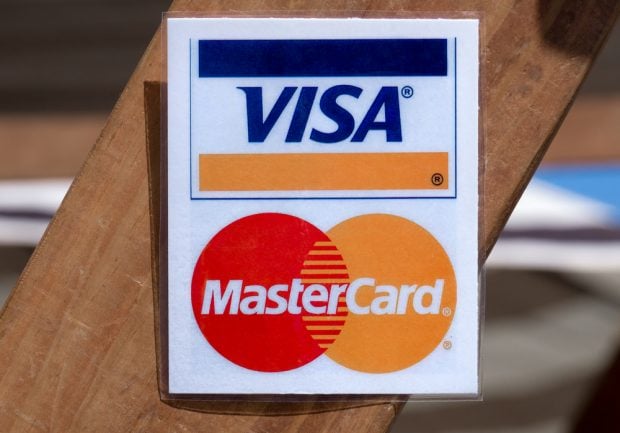Just as changes in federal law appear to have quelled thespate of lawsuits from individuals claiming lack ofnotifications on ATMs, another series of lawsuits has been filed alleging thatATMs deployed by financial institutions and independent serviceorganizations violate a company's patents.
|Automated Transactions LLC of Wilmington, Del., has brought suitagainst banks, credit unions and ISOs in at least three statesalleging that their ATMs violate patents that the patent owner,David Barcelou, holds for automated terminals that conducttransactions over the Internet.
|According to docket records from various U.S. District Courts,the company, which Barcelou created to market licenses for hispatents, has active complaints against at least 14 banks, fivecredit unions and four ISOs alleging that the firms' ATMs violateits patents.
|Three of the most recent suits involve three credit unions inthe Buffalo, N.Y., area: the 7,200-member, $27 million Erie MetroFCU in Blasdell; the 5,800-member, $47 million Buffalo Service CUin Buffalo; and the 8,700-member, $69 million Buffalo CommunityFCU, also headquartered in Buffalo.
|Calls to attorneys involved in the litigation have not yet beenreturned.
|John Funk, a banking attorney with Gallagher, Callahan &Gartrell in Concord, N.H., who has advised over 100 financialinstitutions facing similar claims, maintains that the patentsbeing enforced are, to some extent, accidents of history.
|“One thing that is frustrating about this is that you have to goback to the time when the patent application was made in order toreally understand it,” Funk explained. “At that time, in 1996, theInternet was largely not being used for commercial transactions ofthe sort that ATMs provide. But then the patent was not granteduntil 2005 and by then there had been great leaps forward intechnology.”
|At the time the patent application was made, the technologybeing patented was novel, but by the time it was granted it hadbecome much more widespread.
|Automated Transaction's approach in a number of cases, accordingto court documents, has been to contact a financialinstitution with a letter alleging the patent infringement and thenoffering to license the ATM deployer's use of the technology for afee. Sometimes the fee has been based on numbers ofATMs deployed and sometimes by asset size and has ranged from aslow as $1,000 to as high as $100,000, according to Funk. ATMdeployers who decide not to pay up have faced suits.
|Funk distinguished these cases from the suits over ATMnotification, pointing out that in this case there are actualpatents which the company is seeking to enforce.
|He also distinguished them from the usual “patent troll” cases in which an investor or group of investorswill buy a patent or collection of patents and then sue to seek areturn. In this case, the company seeking to enforce thepatents in one set up by the patent holder, he observed.
|Complete your profile to continue reading and get FREE access to CUTimes.com, part of your ALM digital membership.
Your access to unlimited CUTimes.com content isn’t changing.
Once you are an ALM digital member, you’ll receive:
- Critical CUTimes.com information including comprehensive product and service provider listings via the Marketplace Directory, CU Careers, resources from industry leaders, webcasts, and breaking news, analysis and more with our informative Newsletters.
- Exclusive discounts on ALM and CU Times events.
- Access to other award-winning ALM websites including Law.com and GlobeSt.com.
Already have an account? Sign In
© 2024 ALM Global, LLC, All Rights Reserved. Request academic re-use from www.copyright.com. All other uses, submit a request to [email protected]. For more information visit Asset & Logo Licensing.









